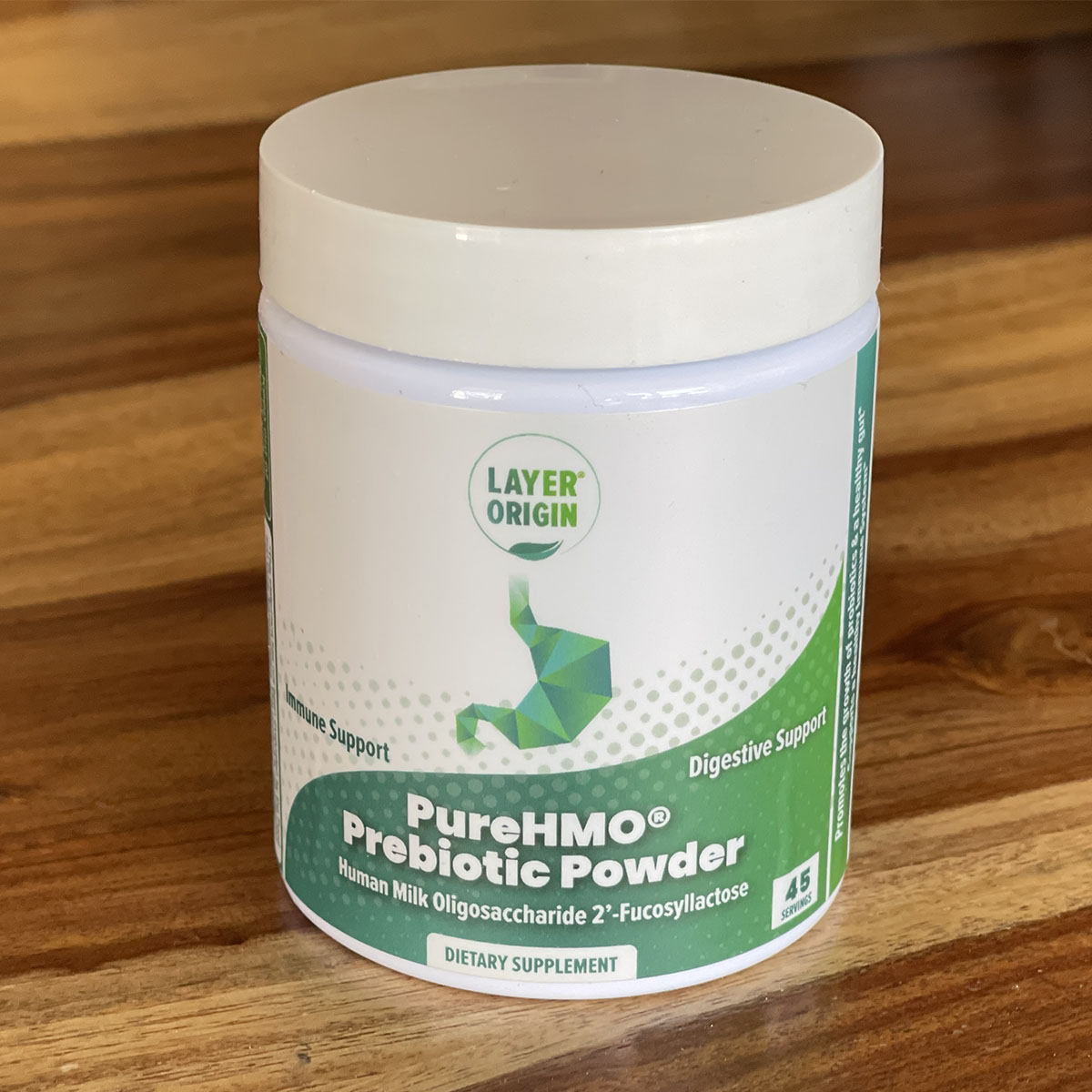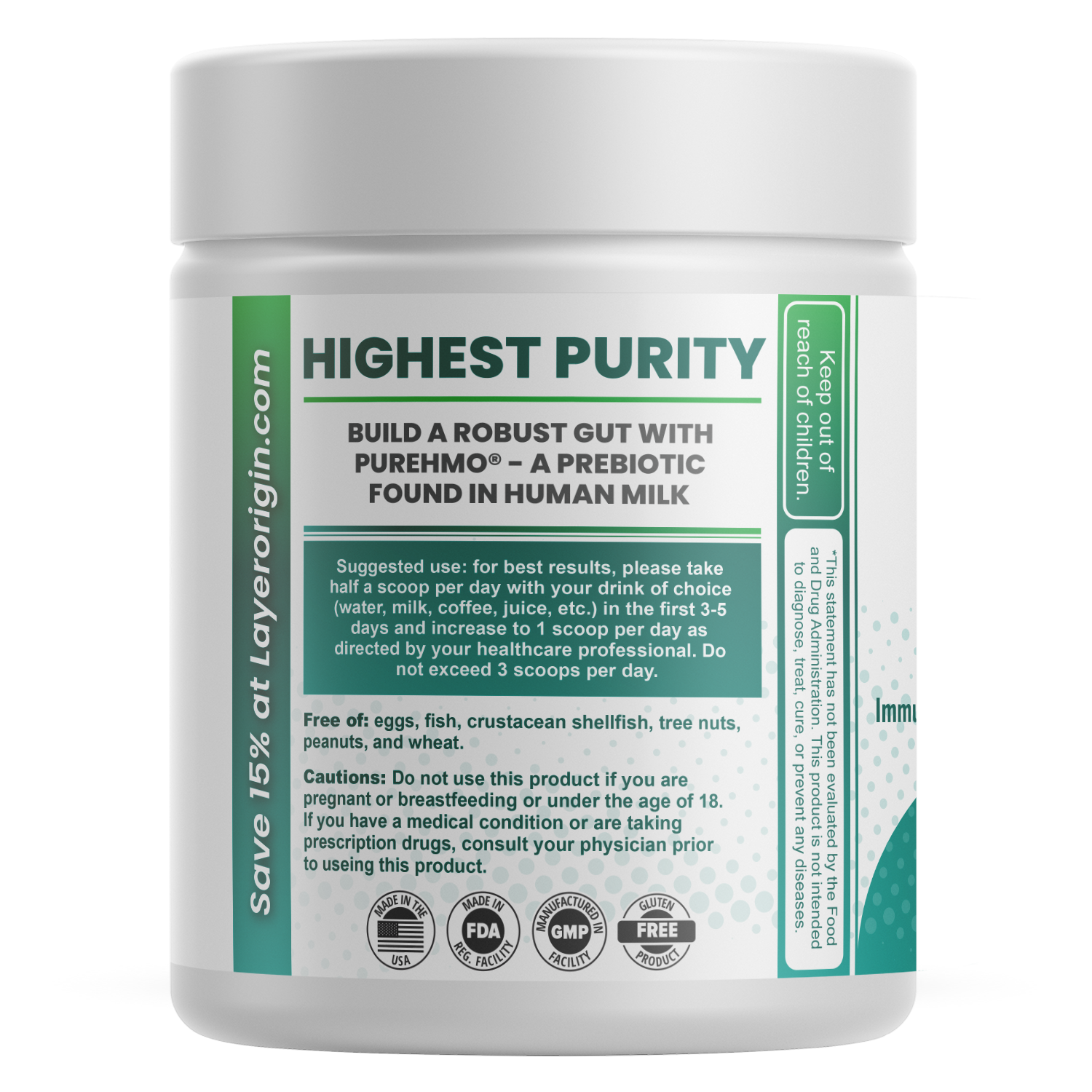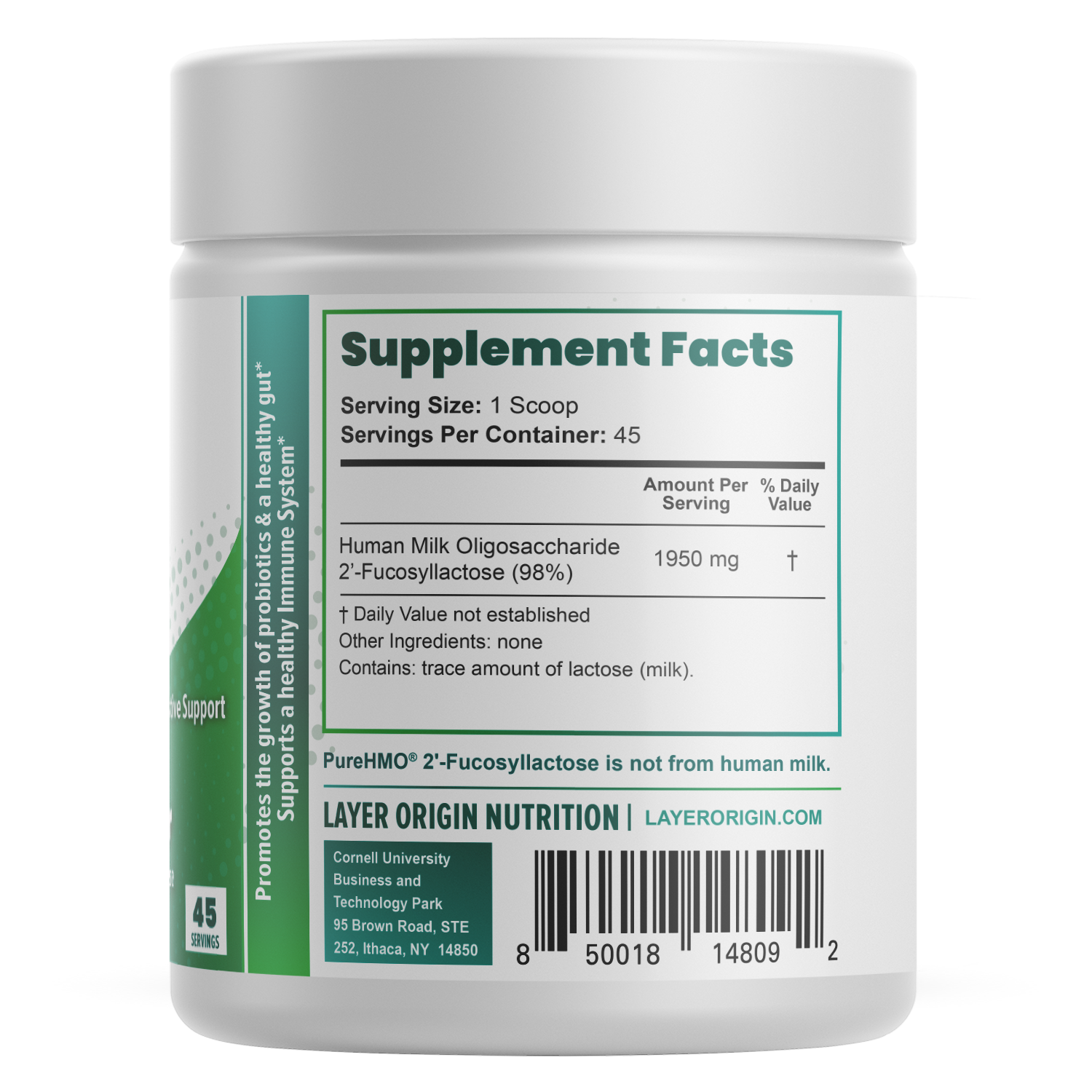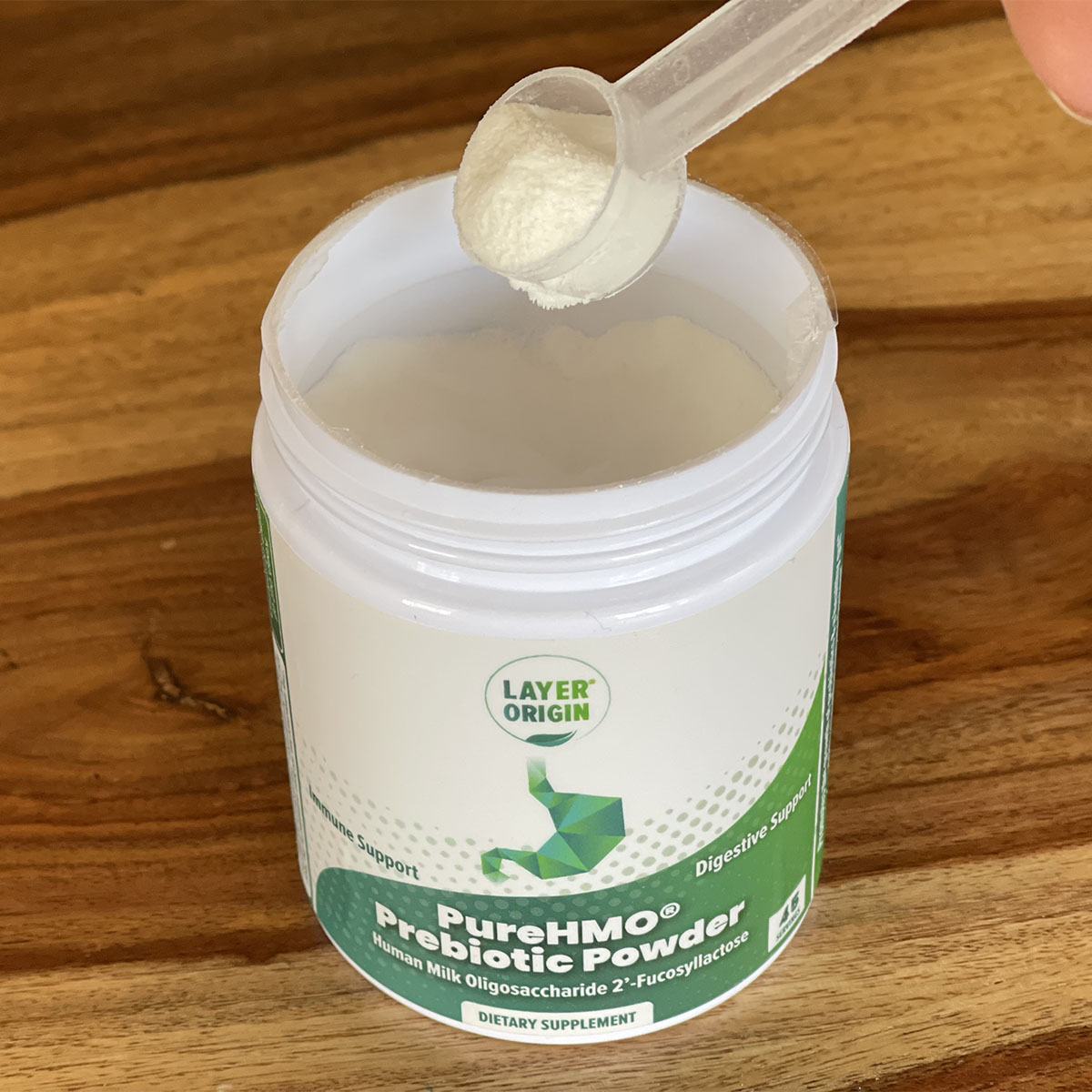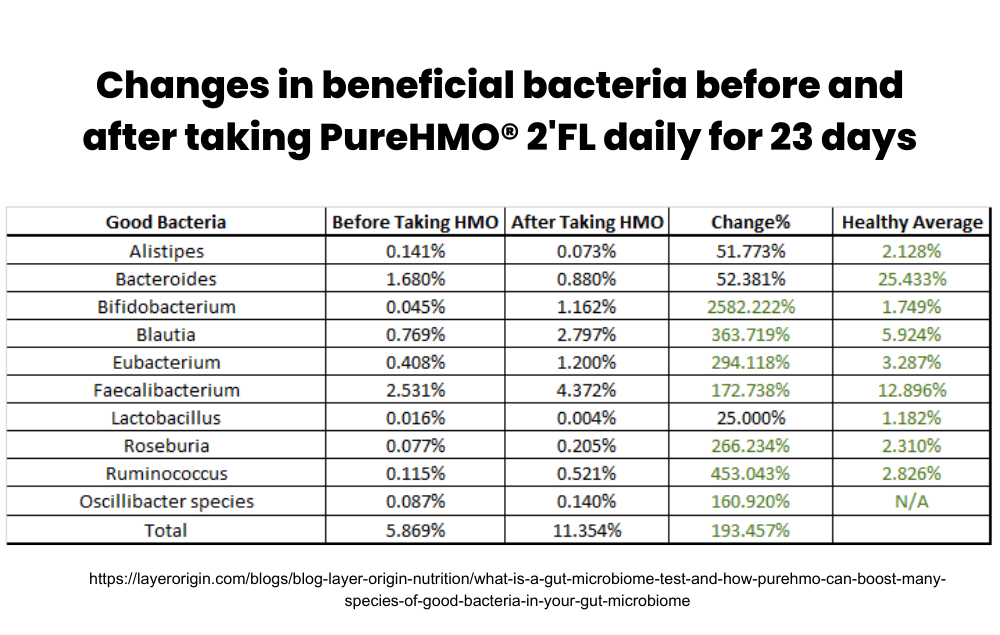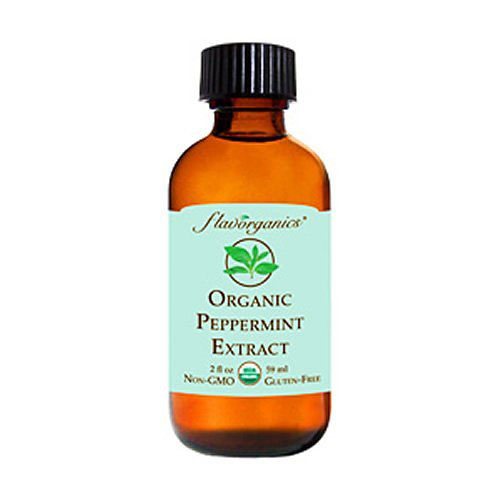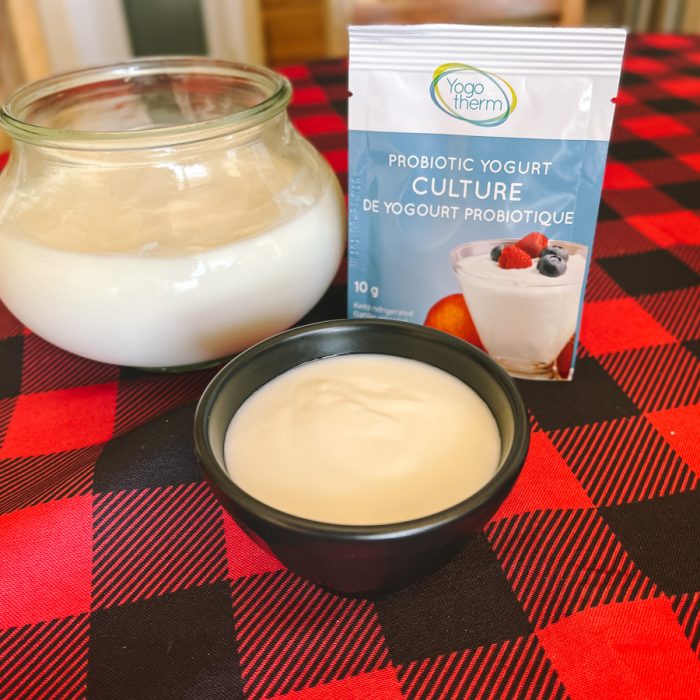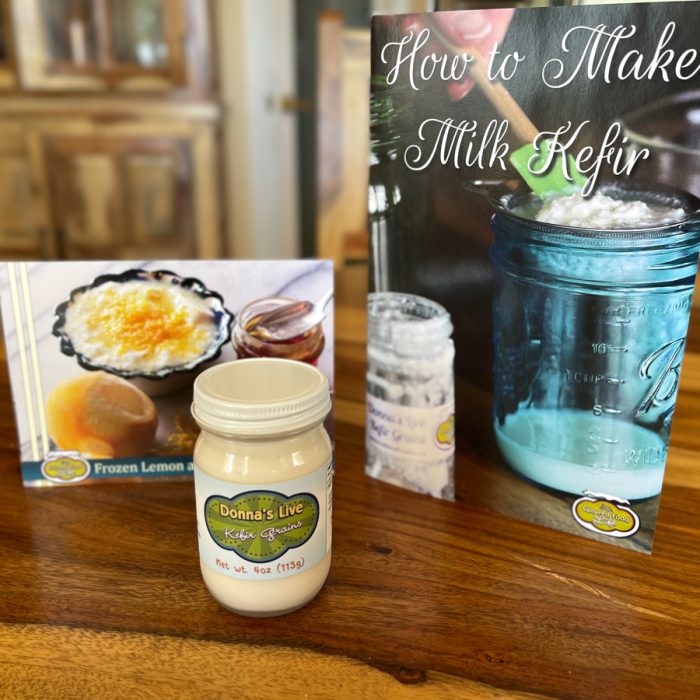Description
Human milk oligosaccharides (HMOs) are specific carbohydrates, and essentially super prebiotics occurring naturally in mother's milk. They help build the all-important Bifidobacteria in the gut that has a myriad of health benefits all the while feeding other species of bacteria in your gut to promote a diverse and strong microbiome.
When I first heard about how powerful HMOs were, I went looking for them. I found them in baby formula but wanted a purer form and so I found Layer Origin and was pretty impressed by their products. They actually make HMOs through precise fermentation, purified to an unprecedented purity of 98% These bio-identical HMOs deliver all the benefits without any actual human milk in the product.
Check out my podcast and article to learn more about HMOs and how important they are for your health.
HOW HMO PREBIOTICS HELP THE HUMAN BODY
Gut Health: Act as a prebiotic feeding specific strains of bacteria in the body
Immune System: Promotes a Stronger immune system by blocking pathogens.
Weight Loss: Primes the body for healthy weight loss
Cognitive Function: Promote brain development and cognitive function.
Reduces IBS Symptoms: Clinically proven to reduce symptoms of IBS
HMOs, improve the immune system by stimulating innate immune system responses such as inhibiting pathogens like E.Coli and reducing inflammation. Bifidobacterium longum subspecies infantis also boost the production of proteins that close gaps between gut cells to keep microbes out of the bloodstream and increase anti-inflammatory molecules that boost the immune system. To achieve those beneficial results, B. infantis has to feed on HMOs.
When you consume HMOs, they promote the growth of powerful probiotics in the gut like Bifidobacterium and Akkermansia Muciniphila, which help heal, seal, and protect the gut lining.
Support Cognitive Health: Unlike other probiotic prebiotic for adults, HMO metabolites promote brain development, neuronal transmission, and cognition.
HOW DOES HMO WORK?
Scientists have identified over 200 different complex sugar molecules, known as human milk oligosaccharides (HMOs), in humans. In other mammals there are only about 50. After lactose and fats, these sugars are the third most abundant component in human milk. But humans are missing the enzymes needed to process those sugars so they pass through the stomach and into the small intestine, undigested.
The sugars nourish a very important subspecies of bacteria called Bifidobacterium longum infantis, which then raises the acidity of the substrate as it feeds off of the HMOs.
Inside the gut, this makes the environment more hostile to pathogens like E.Coli. The bacteria B. infantis also boosts the production of proteins that close gaps between gut cells to keep microbes out of the bloodstream and increases anti-inflammatory molecules that boost the immune system. To achieve those beneficial results, B. infantis has to feed on HMOs.

